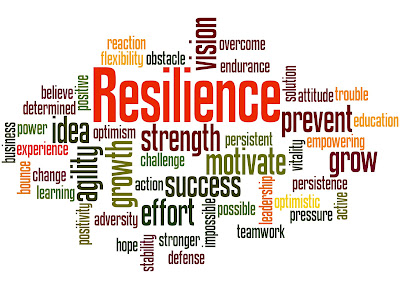EMDR (Eye Movement Desensitization and Reprocessing) therapy is a form of psychotherapy that was developed by psychologist, Francine Shapiro, in the 1980s (see my article: Experiential Therapy, Like EMDR, Can Achieve Emotional Breakthroughs).
 |
| What is EMDR Therapy? |
What is EMDR Therapy?
EMDR was originally developed to treat posttraumatic stress disorder (PTSD). Since that time, EMDR has been used successfully for many other issues, including stress, insomnia, performance anxiety, performance enhancement, abuse, substance abuse, sexual addiction and many other issues (see my article: How EMDR Therapy Works: EMDR and the Brain).
Why is EMDR Therapy More Effective Than Regular Talk Therapy?
EMDR Tends to Work Faster Than Talk Therapy for Trauma:
Generally speaking, EMDR tends to work faster for trauma than most talk therapies. Among other things, much depends on the skill of the therapist as well as the rapport between therapist and client. Also, most clients will require a period of time where the EMDR therapist helps clients to develop internal resources and coping skills before the actual EMDR processing begins (see my article: EMDR Therapy: When Talk Therapy Isn't Enough).
EMDR Uses a 3-Pronged Approach: Past, Present, Future: EMDR uses a three-pronged protocol: working with the client's past, present and future. EMDR processes old memories, creating new links with adaptive functioning.
Current problems are targeted and desensitized and past and future events are integrated to assist clients in healthy functioning.
There has been quite a bit of research on the success of EMDR and the treatment of trauma and PTSD. However, no one is completely sure as to how or why EMDR works. It is believed that part of its success is due to the fact that EMDR uses Rapid Eye Movement (REM) as its basis.
EMDR helps process negative memories and emotions. It helps the brain to successfully process these experiences.
Getting Help in EMDR Therapy
If you have been unable to work through your history of trauma, you could benefit from working with an EMDR therapist.
Once you are free from the effects of your traumatic history, you can live a more fulfilling life.
About Me
I am a licensed NYC psychotherapist, hypnotherapist, EMDR and Somatic Experiencing therapist who works with individual adults and couples.
To find out more about me, visit my website: Josephine Ferraro, LCSW - NYC Psychotherapist.
To set up a consultation, call me at (917) 742-2624 during business hours or email me.















.jpg)












